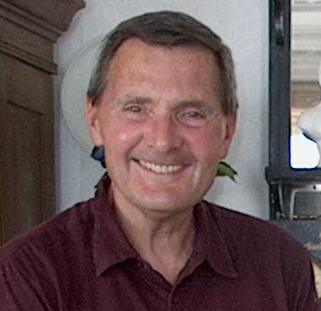In the end, of course, death must put an end to such ethereal possibilities for all intelligent beings. But for those who have engaged their own inborn insight and talents to bring new value to the world, it will have no sting. Such authentic creativity makes it apparent that personal redemption and fulfillment are not to be found in an imagined deity's promised gift of personal immortality, but in conscious extensions of the unplanned works of the non-conscious creative power of nature itself. By pursuing conscious creation from the wellspring of nature in our own individuality, we humans would no longer perceive "life" as simply a finite period of individual existence--a perspective which, as Camus tells us, is made absurd by the enervating anticipation and experience of continual adverse contingencies and ultimate death. Instead, we would perceive our own life as the outgrowth of a never-ending act of natural creation throughout the universe. Our own role in that life is to consciously produce--in addition to the many products needed to sustain human life at a comfortable physical level--new concepts, tools, facilities, institutions, works of art, and various other constructions that promote the joy of harmony with other humans and love for all living things. Since life in these terms is understood as a transpersonal power, and not our own accidental duration of personal existence, we naturally perceive our share of it as a fortuitous gift and our brief participation in it as our only reward.
For humans with this perspective, dim, largely despondent, hopes for personal immortality are overridden by the affirmative joys of a manifestly real and fulfilling role in the universe. Such humans do not fear death, because their vitality is undiminished by a continual effort to deflect the many threats to self-preservation. Instead, they look forward to new opportunities to express their own creativity in ways that harmonize with the creative inputs of others. With this change in perspective from the personal to the communal, they also rapidly come to terms with accepting death as a necessary condition of life. They take it as self-evident that, because thinking patterns in old people tend to ossify in the same way as their bodies, new creative harmonies can only be achieved by a cycling of human generations that allows the agile minds of the young to continually bring fresh ideas to the fore. For the human race as a whole, whose history we know, the shift from an overriding concern with survival to the headlong pursuit of joyous creativity would, if accepted, of course be transformative. After some 6,000 years of civilization, it would finally lift us from the misery that has been our common lot to the exhilaration of continual new adventure.
Next Page 1 | 2 | 3 | 4 | 5 | 6
(Note: You can view every article as one long page if you sign up as an Advocate Member, or higher).





